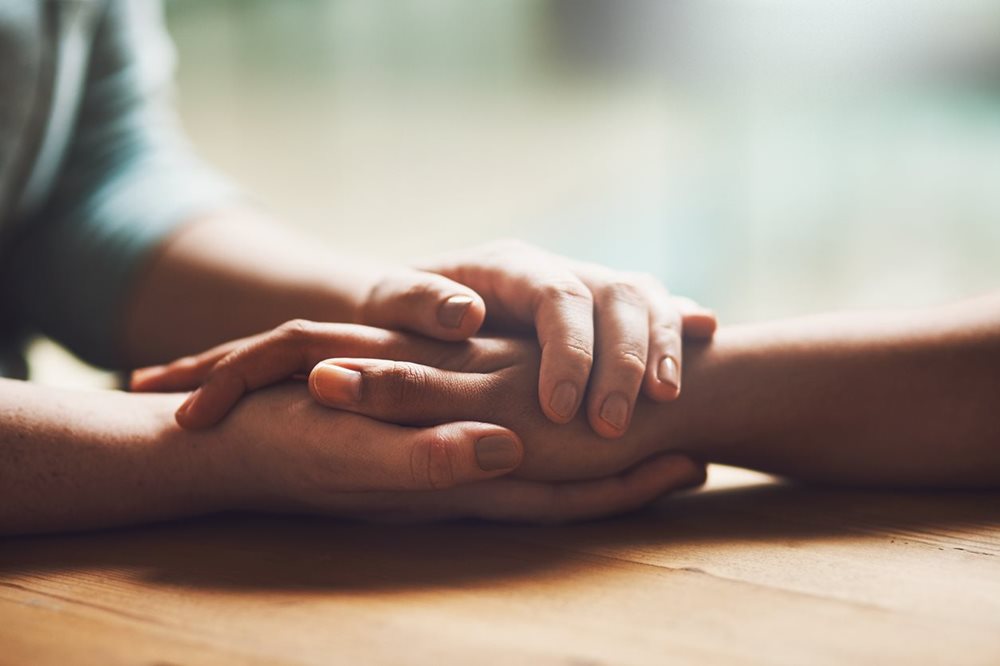Understanding Common Anxiety Disorders

Many of us will deal with anxiety at one time or another during our lives. Whether it’s a ‘fight or flight’ response to a specific perceived threat, or a general feeling of unease that comes and goes without warning, it’s certainly not a pleasant sensation. In fact, it can be stressful, upsetting and even debilitating. However, as Patrick Williams – Clinical Director at LifeWorks by Morneau Shepell – explains, there are several different types of anxiety disorders, so identifying yours is an important first step to take. From there, you can seek the right kind of help in dealing with it effectively.
1. Generalized Anxiety Disorder (GAD)
People with GAD feel anxious or nervous most of the time. Some worry excessively about their work, school performance, family, health or finances, while others can’t identify a specific cause. They may feel tense, exhausted, irritable, unable to concentrate or lightheaded from worrying about certain scenarios. Symptoms often last for a few months, and without treatment may persist longer.

2. Panic Disorder
Panic disorder involves sudden and repeated episodes that strike without warning, usually lasting between five and twenty minutes. Even brief panic attacks can arrive so unexpectedly that people worry intensely about when the next one will occur. The episodes may involve palpitations or pounding heart, feelings of dread, trembling, shaking, sweating, or having hot flashes. Often, the situations that set off a panic attack can be identified, but sometimes the triggers are harder to pinpoint. They can be incredibly frightening; people can feel that they’re dying, unable to breathe, or having a heart attack or stroke. Or they may think that they’re losing their minds or that the world is spinning out of control.
3. Phobias
Phobias are intense fears of objects or situations that are usually relatively safe, like heights, thunderstorms, tunnels or flying. Though the people who experience them usually understand their fears are irrational, they still feel understandably very afraid when they encounter these things. The symptoms of phobias tend to be very similar to those experienced during a panic attack.

4. Social Anxiety Disorder (SAD)
Also known as social phobia, social anxiety disorder is the fear of being embarrassed and judged in front of others. People with this disorder may feel painfully self-conscious or see minor mistakes as major problems. They might be afraid to attend parties, speak in public, eat in restaurants, or talk on the phone in front of others.
Seeking Help
Do you or someone you love suffer from any of the disorders mentioned above? Don’t worry, you’re not alone. One in six Irish people will experience a mental health issue like anxiety each year. A good place to start if you’re struggling is to talk to someone, whether that’s a trusted friend, family member or trained professional. A counsellor or psychologist will be able to talk through the root cause of issues like phobias, or equip you with tools when it comes to managing more unpredictable disorders, like panic attacks. Whatever your issue, don’t suffer in silence.
If you, or someone you know if suffering from an anxiety disorder, help and information can be found here.
Irish Life Health customers also have access to ‘Healthy Minds’, find out more here